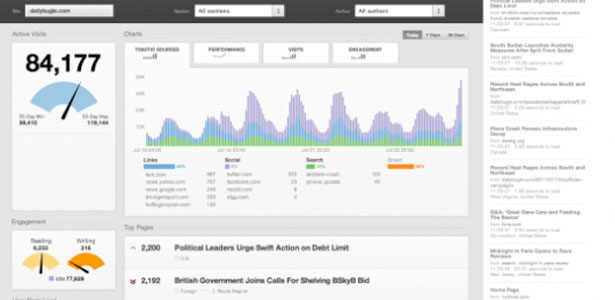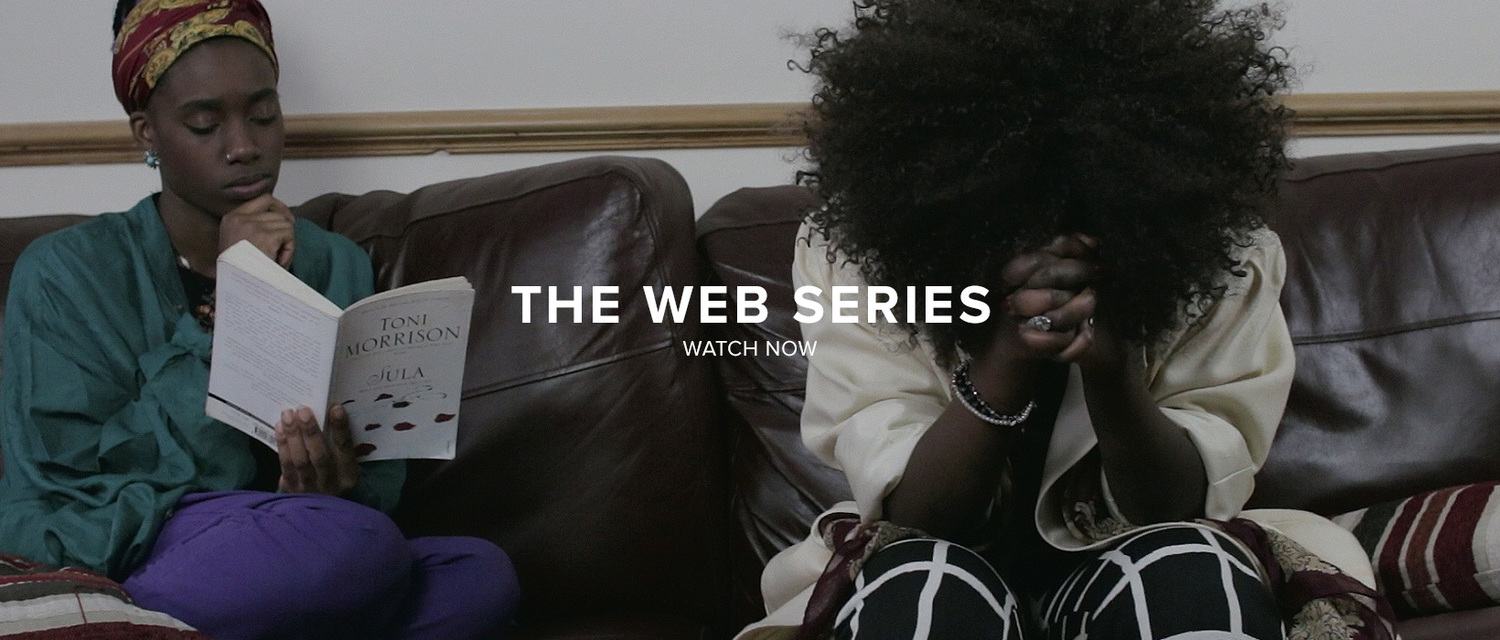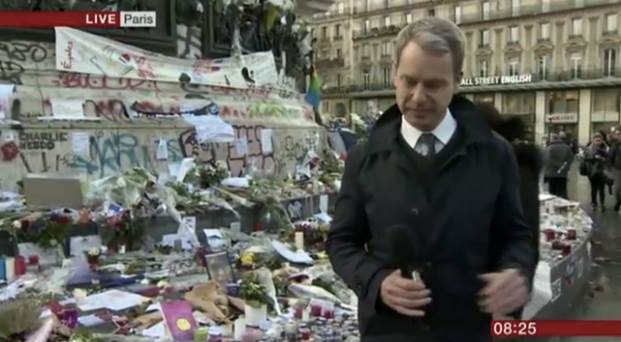The Times had this ‘world exclusive’ today. It’s a cracking story. It seems the British Museum think it’s ok to loan the Parthenon Marbles to Putin’s Russia, but won’t consider letting the Greeks have them back.
Very sensibly the BBC followed up on the story. In fact they led with it on their flagship morning radio news show, the Today Programme. But unless I missed it, I don’t think the broadcasters mentioned the source of the story [UPDATE; I DID miss it – Justin Webb gave the Times a credit and read a quote from their story at 6.09am]. And the online version also failed to credit the Times.
In fact at the bottom of the online version are a number of links to newspaper versions of the story. But these are generated automatically by a separate company and for some reason their algorithm didn’t select the Times to link to:
“The Newstracker system is automated. The BBC does not censor or change the results. But because there can potentially be scores of sites covering each story, the BBC does define some rules (algorithms) that help define which sites we link to at any point in time – and in what order these links appear. In general, our rules tend to give greater weight to national and international sources over regional or local ones. We have a policy of only linking to English-language sites. The results are sorted in date order to provide the most recent stories at the top.”
I don’t think the BBC should be forced to credit newspapers all the time. You would end up like those American medical adverts where all the terms and conditions and possible side effect warnings have to be read out very quickly every time. In this case the British Museum had put out a press release over night so in that sense the story was ‘out’. And newspapers are much, much worse at not crediting each other or broadcasters.
But it does seem to me that for a public service broadcaster it would be polite, transparent and helpful if they did credit more often on air and online. I think it is useful for the public to know where stories come from and in general I think it supports journalism to acknowledge other people’s good work. I think this was one of those Times. (geddit?)
[UPDATE: I am pushing at an open door here – a BBC spokesperson got back to me to say this:







